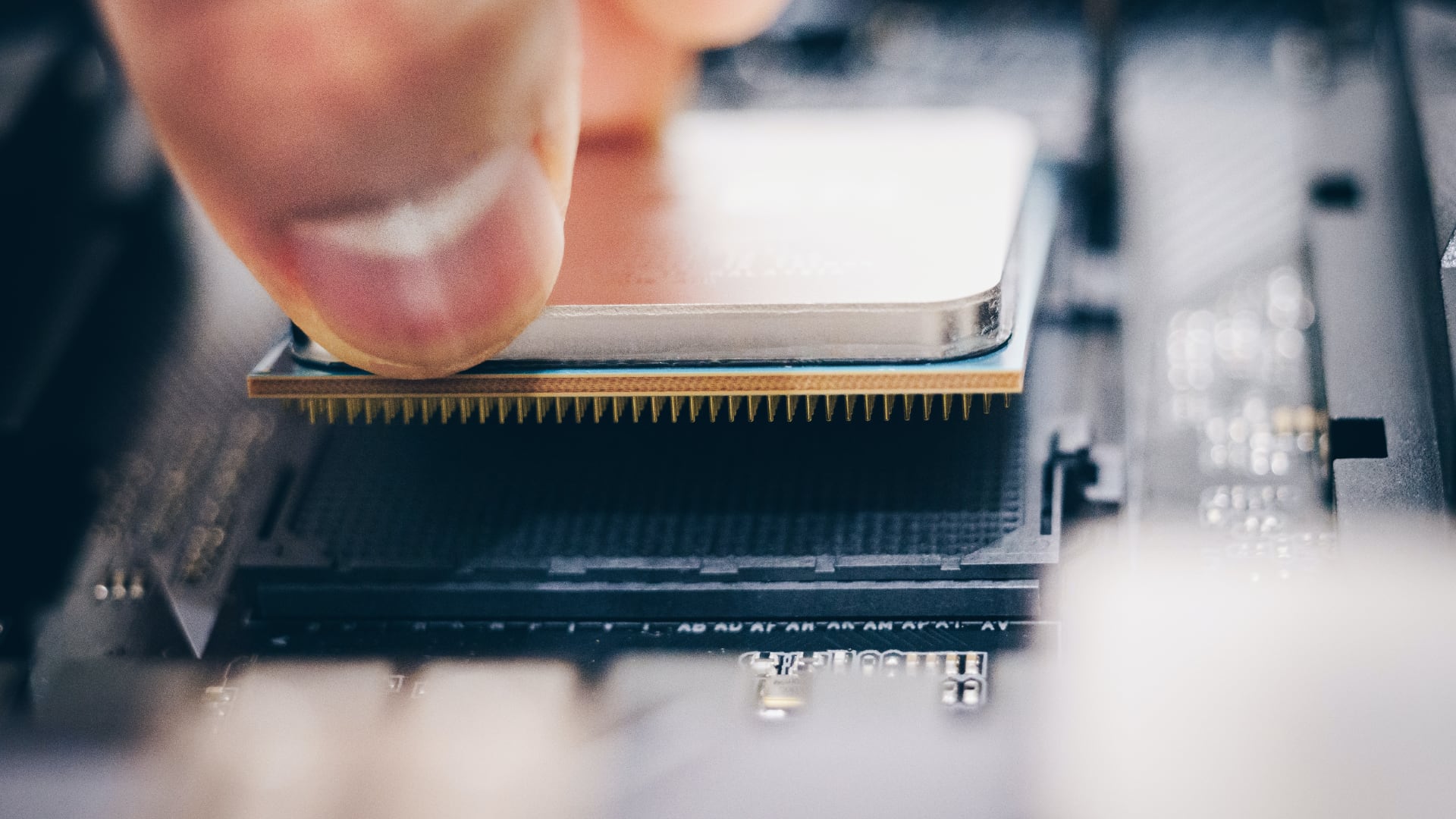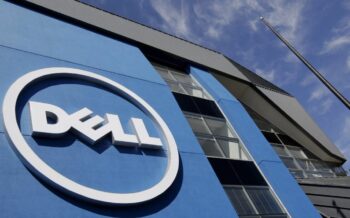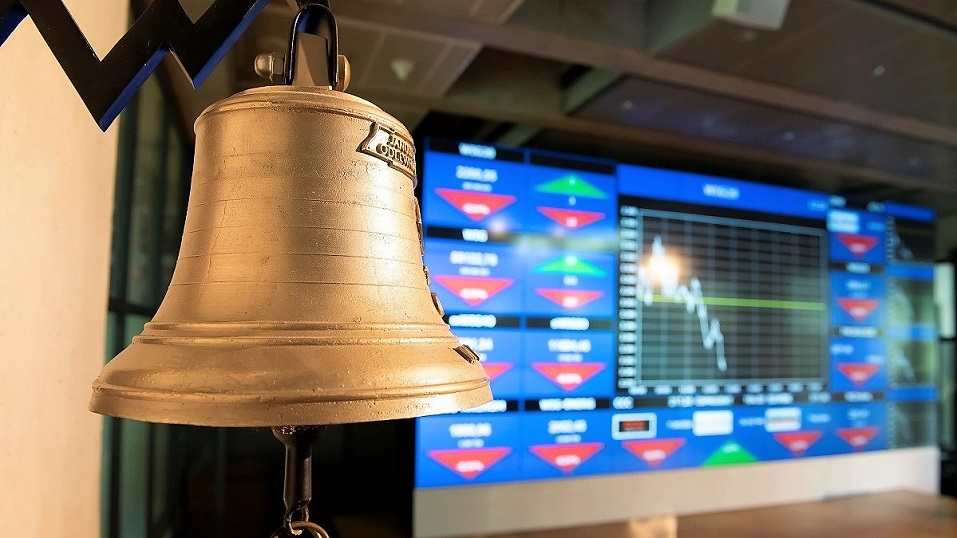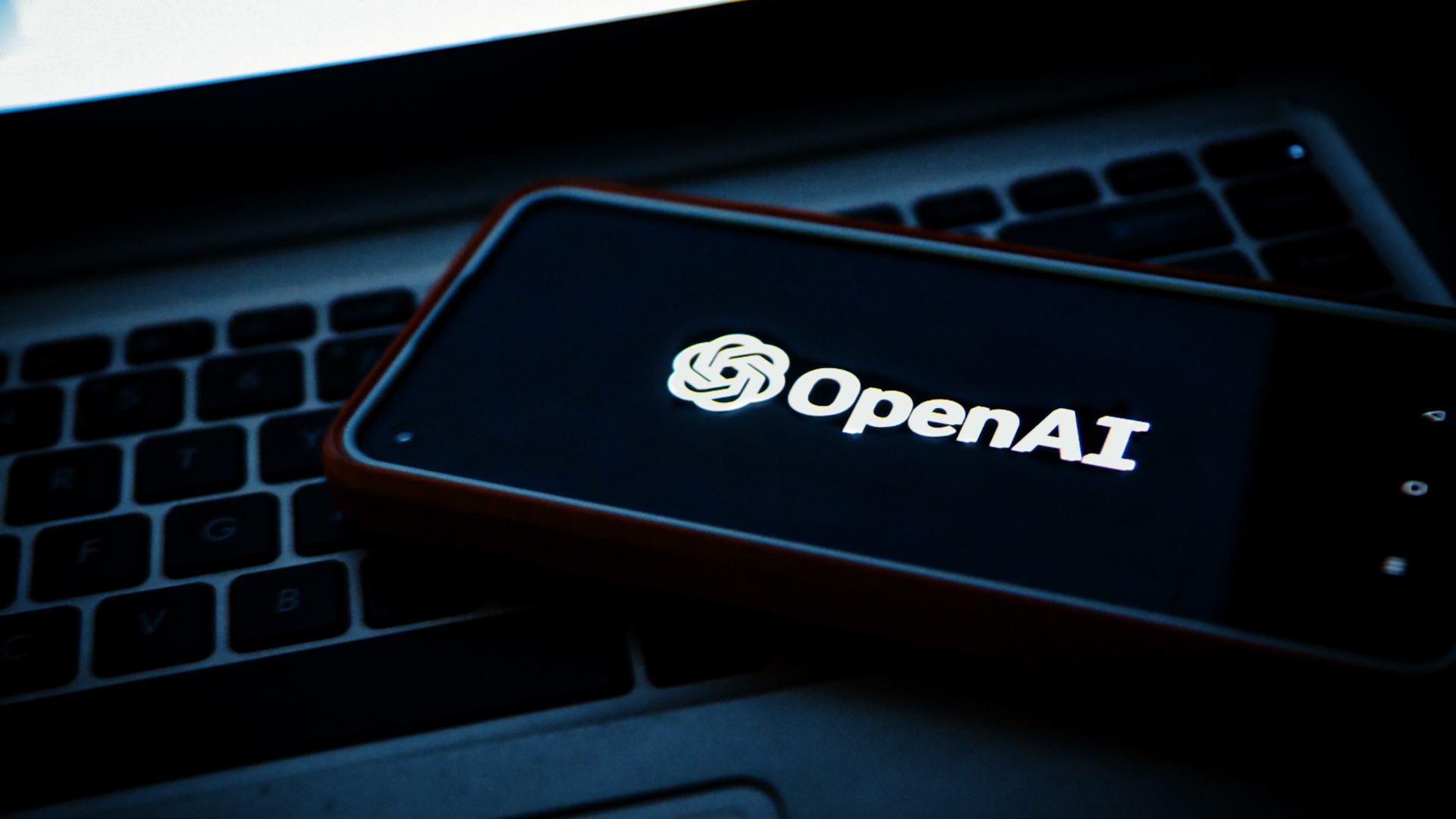Jensen Huang, CEO of Nvidia, has finally dashed hopes for the company’s rapid return to China’s advanced AI chip market. During his fourth visit to Taiwan this year, Huang categorically denied that there were “any active discussions” about selling Blackwell’s flagship chips to China.
His comments cut off speculation that surfaced last week. It was suggested that talks between US President Donald Trump and Chinese President Xi Jinping could pave the way for the sale of a truncated version of Blackwell in China.
The Blackwell chipset, key to the next generation of artificial intelligence, remains under a strict US export embargo due to concerns about its military application. “We currently have no plans to ship anything to China,” – Huang stated in Tainan, adding that Nvidia’s return depends on a change in Beijing’s policy.
However, Huang’s statement reveals a much deeper business problem. Even where Nvidia can legally sell, China is no longer buying. The US allowed the export of a much weaker H20 model, designed specifically to circumvent sanctions. It proved to be a market failure.
Huang has repeatedly acknowledged over the past month that the company’s share of China’s advanced AI chip market has fallen to virtually zero. He stated that Beijing “doesn’t want Nvidia in the country” and that local tech giants such as Alibaba and Tencent prefer to invest in domestic alternatives (such as from Huawei) rather than buy inferior-performing US processors.
During a visit to key manufacturing partner TSMC, Huang asserted that globally “business is very strong”. He also corrected recent reports by the Financial Times that he had declared China a winner in the AI race. “That is not what I said,” he pointed out. He explained that China has “very good technology” and 50% of the world’s AI researchers, which was meant to serve as a warning to the US. “The US must continue to move incredibly fast … we need to run fast.”
For the global technology business, this means that revenues are now directly dependent on political decisions, and the lack of access to key markets is rapidly stimulating the emergence of strong local competition. Consequently, companies need to be ready for the rapid fragmentation of the AI market and diversify their strategies in response to growing technology protectionism.












